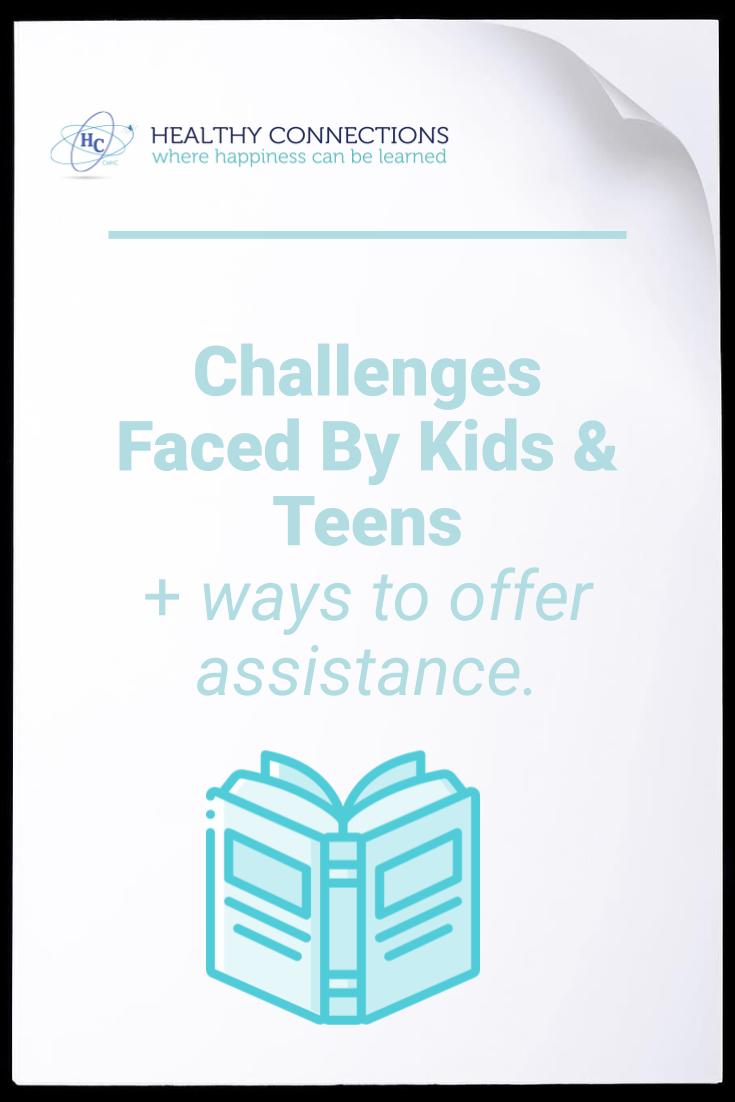Hello Parents,
Imagine this scenario: You’ve just picked up your child from school, and as they slide into the passenger seat, you notice a tear glistening in the corner of their eye. Concerned, you ask what’s wrong, and they confide in you that they had a disagreement with their best friend during lunch.
As a Nurturer parent, your immediate response is to give them a big hug, offering words of comfort and reassurance. You validate their feelings, empathize with their pain, and promise to help them work through the situation. Your instinctive nurturing nature creates a safe haven for your child to express their emotions openly. But could it be shielding them from building resilience?
In the world of Nurturer parenting, emotions are valued, and empathy flows freely. Your unconditional love and support provide a sturdy foundation for your child to weather life’s storms. However, in your efforts to shield them from pain and discomfort, you may unintentionally hinder their ability to cope with adversity. By always rushing in to provide comfort and solutions, you risk sending the message that they need someone else to solve their problems for them.
It’s essential to explore how to strike a balance between providing comfort and fostering independence. While your nurturing instincts are invaluable in creating a loving and supportive environment for your child, it’s equally important to empower them to navigate challenges on their own.
How about trying this:
- Give them a chance to feel their emotions and process them.
- Let them problem-solve: Instead of immediately offering comfort, guide your child in brainstorming possible solutions to the situation.
- Foster resilience through challenges: Allow your child to experience and learn from setbacks, offering support while encouraging them to overcome obstacles independently.
- Promote emotional regulation: Teach your child healthy ways to cope with difficult emotions, such as deep breathing exercises or journaling, empowering them to manage their feelings effectively.
As we continue to explore the dynamics of Nurturer parenting, let’s remember that nurturing our children’s emotional well-being is essential, but so is fostering their resilience and independence. Finding the right balance between providing comfort and encouraging self-reliance is key to raising emotionally resilient children who can navigate life’s challenges with confidence.
Join us next week as we shift our focus to another parenting style: the Minimizer. We’ll delve into how minimizing challenges and emotions can impact your child’s resilience and explore strategies for nurturing resilience while acknowledging and validating their experiences. Stay tuned for insights, reflections, and practical tips to support your child’s journey towards emotional strength and well-being. Share with us which style or styles you identify in your parenting.




